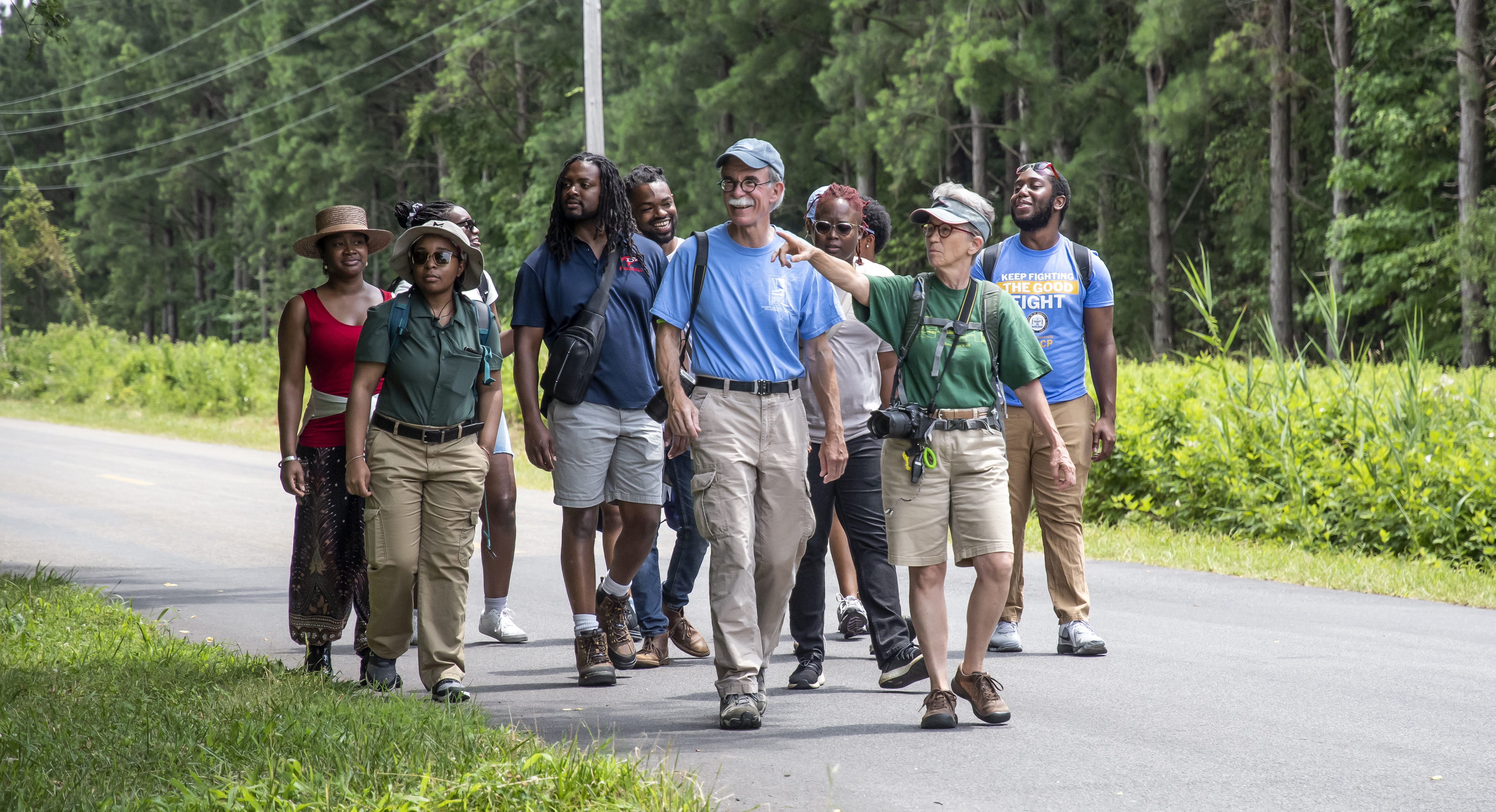

Chesapeake Places
Explore – Understand – Protect – Manage
Our natural world, the built environment, and human communities are inextricably intertwined, in complex and powerful ways. Both natural resources and cultural resources - whether forests, historic towns, endangered species, or archaeological sites - are fragile, yet critical elements of our common heritage, resources upon which we draw for survival, for knowledge, and for our shared future. The aim of Chesapeake Places is to explore, understand, and protect these resources, with special attention to how they intersect and how our efforts at protection and management can be leveraged and made more powerful.
Chesapeake Places taps into the remarkable assets of our region: the farms and forests, rivers and estuaries, historic towns, museums, archaeological sites, and people. It builds on the existing strengths of the Center for Environment & Society, including educational programming, environmental research and habitat restoration, advanced technologies, historical and archaeological expertise, and work in resource management.
In its initial stages, this initiative will work to strengthen regional linkages between practitioners and constituents of both natural and cultural resource management. In particular, Chesapeake Places will work to grow regional initiatives in tourism, recognizing the economic power of ecotourism and heritage tourism. In addition, the program will continue the longstanding effort of the Center to explore our past through archaeology and history, while documenting and preserving our irreplaceable cultural and natural heritage.
If you'd like to know more about Chesapeake Places, please contact Michael Chiarappa via email (mchiarappa2FREEwashcoll) or by phone: 410-810-5089.
What We Do
- Natural and cultural resource management and policy
- Ecotourism and heritage tourism
- Archaeology
- Architecture
- Historical research
- Remote sensing
- Landscape study - All of the above resources coalesce into landscapes, and resources must be managed at this larger scale

Black Life in Bellevue
Documenting African American Cultural Landscape Along the Chesapeake Bay.
In partnership with the Bellevue Passage Museum.
